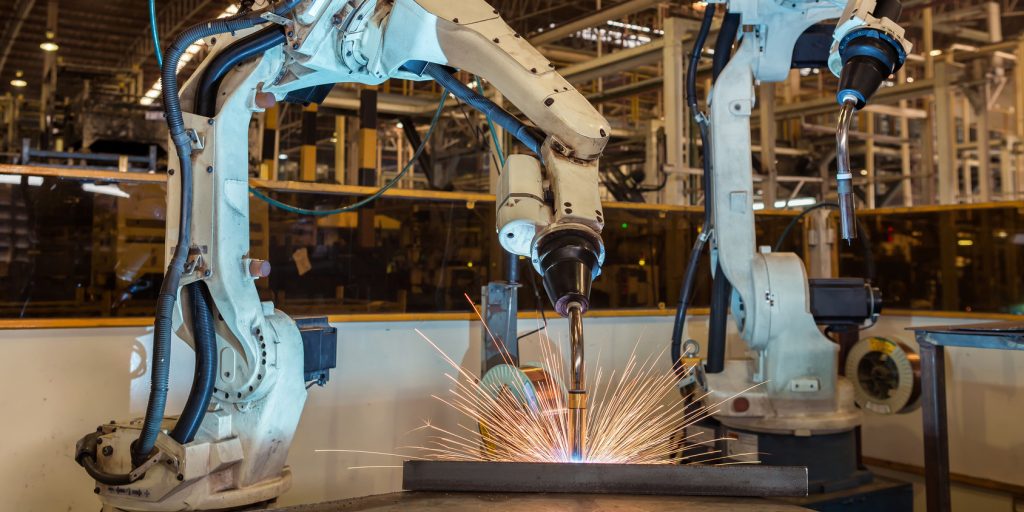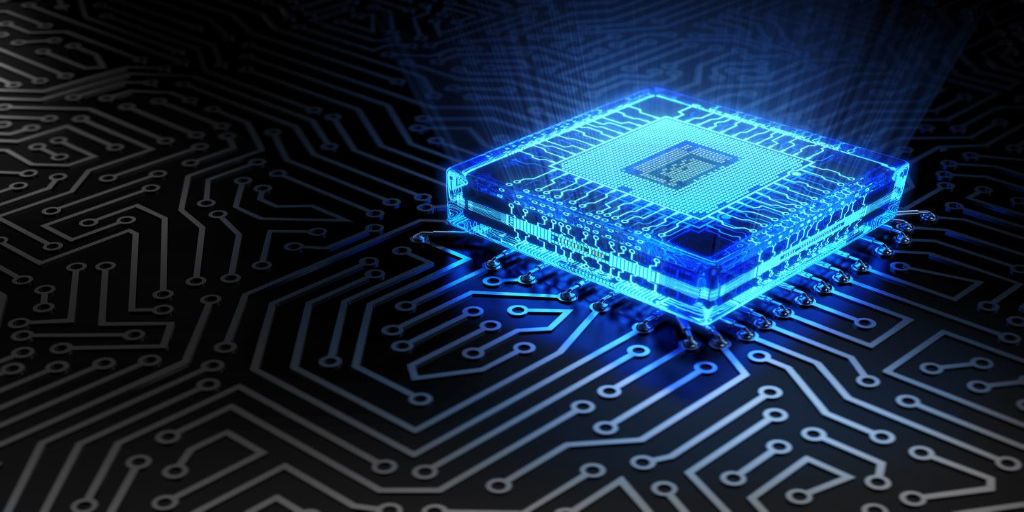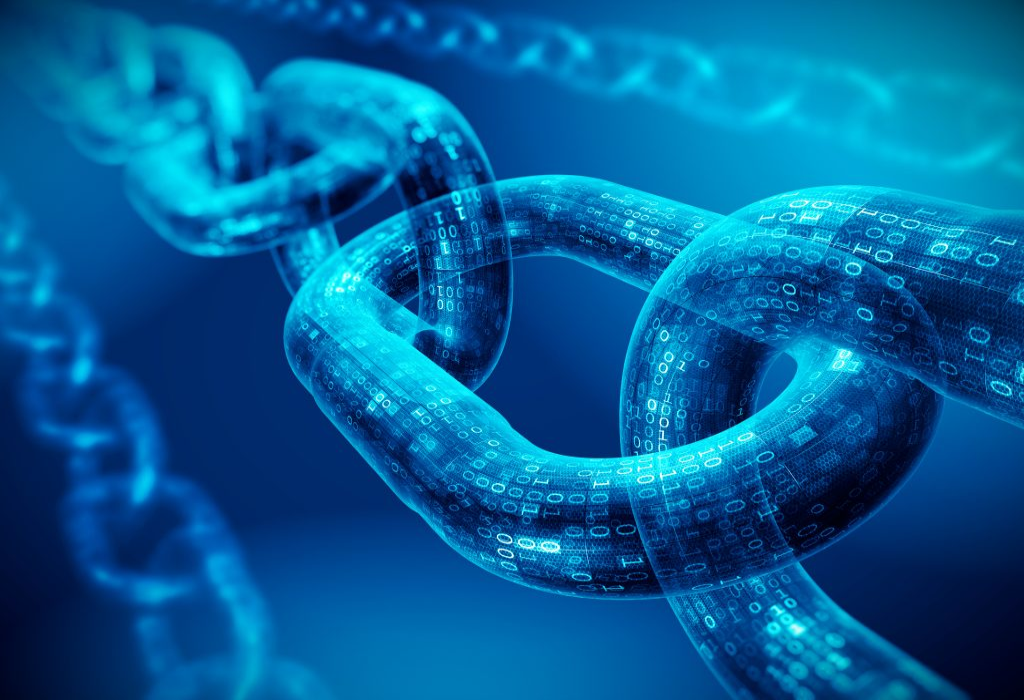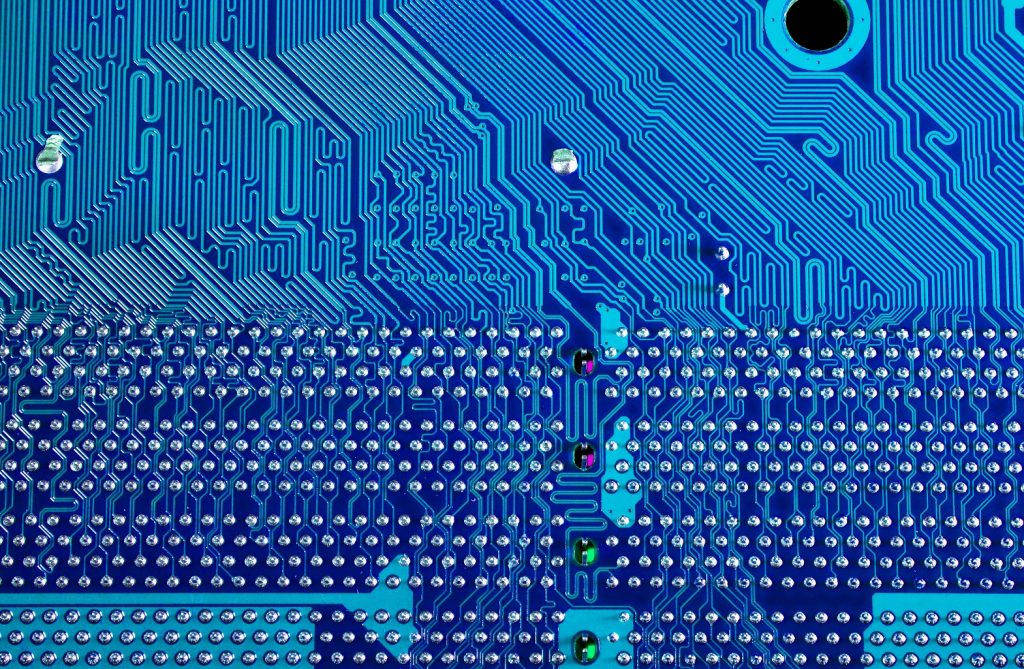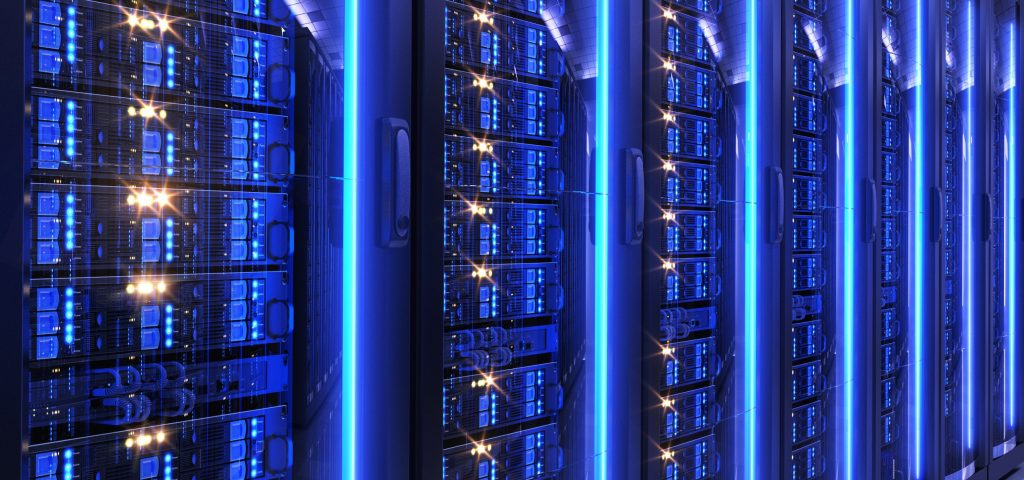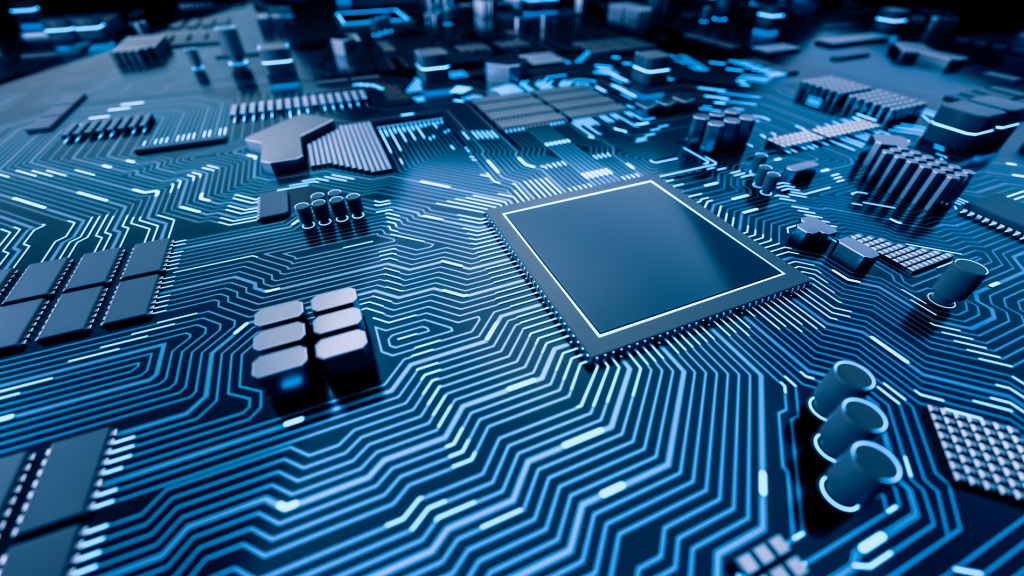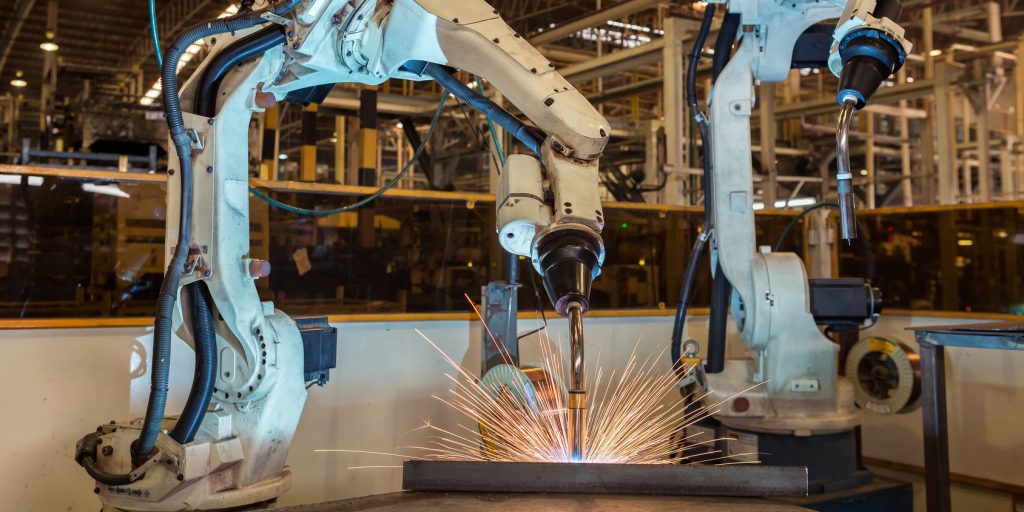Projects Co-Financed by the European Union

The Copernicus Computing company is implementing a project under the name:
“FrameLift AI – a personalized animation upscaling system based on artificial intelligence, utilizing advanced Enhanced Super-Resolution Generative Adversarial Networks (ESRGAN).”
Tasks carried out as part of the project:
-
Industrial research on training machine learning models for upscaling using data obtainable from scene files
This task will be carried out by a qualified Research Team and will involve conducting research at TRL levels 3 to 6. The objective is to develop an upscaling system through machine learning training based on a complete dataset obtainable during rendering. The concept has already been validated through basic research (conducted independently by the Applicant to gain new knowledge in this area). At this stage, industrial research will focus on creating a functional prototype of the system, including:- A base AI model trained on thousands of client animations, serving as a universal algorithm with generalized knowledge for animation upscaling, leveraging a broad dataset.
- A simplified AI algorithm training system that uses a small dataset (specific client scene).
-
Experimental development work on training machine learning models for upscaling using data obtainable from scene files
This task involves experimental development work on the system prototype created during the industrial research phase. Once a functional prototype is available, the next step will be to adapt its functionality for use with any scene in any 3D graphics software and rendering engine. -
Implementation of the AI-based rendering upscaling tool
This task involves implementing the results of the R&D activities conducted within the project into the Applicant’s operations. To launch the new AI-based rendering upscaling service, the Applicant will need to expand their existing technical infrastructure by adding a dedicated computation cluster for this purpose.
Target Groups
The target group for the project’s outcomes includes entities involved in creating computer graphics through rendering (freelance graphic designers, animation studios, creative and advertising agencies in the Lublin Voivodeship, etc.). According to statistics, over 3,000 creative sector entities operate daily in Lublin alone, striving to improve the quality of their visual content, accelerate the graphic generation process, and increase the number of projects they handle. The upscaling technology leverages the developmental potential brought about by the revolution in AI to produce more visually appealing content.
Our solution is aimed at representatives of the creative industry, but the benefits of its implementation will also be felt by end-users of audiovisual content.
Project Goal
The goal of this project is to carry out research and implementation activities. As a result, Copernicus Computing will develop (through R&D efforts) and subsequently implement an innovative software tool for 3D scene rendering upscaling using the latest advancements in artificial intelligence (AI). The innovation lies in separating the rendering and image generation processes to create high-quality, high-resolution animations while minimizing computational power usage.
The software tool developed as part of the project will generate high-resolution frames based on lower-resolution frames through a process known as upscaling.
Expected Project Outcome
The creation and subsequent implementation of a proprietary, fully automated upscaling system for animations, utilizing a unique training dataset obtained by capturing information from the user’s animation rendering process. The system will maximize the similarity between 4K resolution rendered frames and their upscaled counterparts by using an automatically trained, personalized AI model based on data specific to each animation.
Total Project Cost:
4,981,170.46 PLN
European Funds Contribution
2,788,228.67 PLN

“A system for distributing objects in a 3D scene based on machine learning algorithms – an innovative solution for the ArchViz industry”
Polish Agency for Enterprise Development
This project is being implemented in Lubelskie Voivodeship with funds managed by PAED. The total cost of the Project is PLN 2,728,500.00, of which PLN 1,453,500.00 is co-financed by the European Union under the European Regional Development Fund.
goals
The aim of the project is to implement an innovative service resulting from R&D works and intended for the ArchViz industry. This innovation will be a comprehensive system to support the work of graphic designers working for the ArchViz industry (architectural visualization industry).
project results
The task of the project is to create a system improving the work of a graphic designer and giving an excellent starting material for further design and processing the 3D scene. The created system will distribute models of 3D objects from the database in the scene according to algorithms based on machine learning. This system will help generate the 3D scene environment and distribute the individual models.

“Creating an Innovative Computer Lab in the form of a GPU / CPU Computing Cluster for Industry Research.”
lubelskie
This project is being implemented in Lubelskie Voivodeship with the funds of which the Lubelska Agencja Wspierania Przedsiębiorczości in Lublin is the governing entity. Total project cost is PLN 1,344,899.68 Grant from the European Regional Development Fund (ERDF) is PLN 745,784.37
Computer Lab
The long-term effect of the project will be the possibility of conducting research and development (R&D) in a computer lab, available to entities, both from the Lubelskie Voivodeship and from the rest of the world. The project promoter will use their supercomputer to run their research, outsourced research, and provide computing power for research by other entities.
GPU
The main goal of this project is to develop, within the territory of Lublin, the fastest Polish GPU supercomputer intended for R&D.
“LEM”
because this is the name of the supercomputer is supposed to have the power of about 50 thousand home computers. Although the Supercomputer is still under construction, today we encourage all businesses from Lubelskie Voivodeship and from other areas of Poland, Europe, and the world to use our supercomputing power for their ambitious research projects to become a reality.

“Fully automatic rendering for Polish and foreign large business customers, including film studios”
kuyavian-pomeranian
This project is being implemented in the Kuyavian-Pomeranian Voivodeship from the funds managed by the Marshal’s Office. Total project cost is PLN 8,610,000. Grant from the European Regional Development Fund (ERDF) is PLN 3,150,000.
automatic rendering
The goal of the project is to create the best in Europe, fully automatic CPU / GPU rendering farm based on hybrid supercomputer technology. Its achievements will be based on the results of R & D work carried out in the field of rendering automation.
GPU
The main goal of this project is to develop, within the territory of Lublin, the fastest Polish GPU supercomputer intended for R&D.
“Kopernik”
Thanks to the project, our hybrid supercomputer “Kopernik” will be expanded with advanced infrastructure along with dedicated software for rendering 3D scenes. This will help to increase its computing power, while guaranteeing a place on the prestigious list of 500 fastest supercomputers in the world.
film studios
The potential of “Kopernik” will be able to support even large film studios. This means that maybe soon the biggest Hollywood productions will be implemented in Toruń.

“The development of the Copernicus Computing IT laboratory by increasing the computing power of the KOPERNIK supercomputer”
Kuyavian-Pomeranian
This project is being implemented in the Kuyavian-Pomeranian Voivodeship from the funds managed by the Marshal’s Office. Total project cost is PLN 6,236,100. Grant from the European Regional Development Fund (ERDF) is PLN 2,788,500.
laboratory
The aim of the project is to expand the multi-tasking IT laboratory in the form of a computing cluster dedicated to research for industry and scientific research.
research
The resulting laboratory is a response to the demand for computing power by commercial companies aimed at their development, development of their products and wishing to compete with new products and services on the Polish and global market.
idea
The idea is based on the creation of a modern and highly efficient computer infrastructure, supported by specialized software created as a result of R&D works carried out by Copernicus Computing.
project results
As a result of the project, Copernicus Computing introduced two innovative services in the field of using computing power
– 3DS Max Copernicus optimizer scene optimization system
– the service of scientific research using our computing power go to the service

“Copernicus Computing implements the project named “Creating a remote desktop system with GPU acceleration and multimedia for a supercomputer in the LINUX environment”
Kuyavian-Pomeranian
This project is carried out in the Kuyavian-Pomeranian voivodeship with funds managed by the Kujawsko-Pomorska Innovation Agency. Total project cost is PLN 121,770. Grant from the European Regional Development Fund (ERDF) is PLN 71,400.
remote desktop
The aim of the project is to create a remote desktop system for the linux system with GPU support. In the result of its implementation, our clients can operate supercomputer using remote desktop technology in the LINUX system.
supercomputer under the desk
Our solution allows you to manage the fastest Polish supercomputer using one’s own mouse, keyboard and monitor. It is as if personal desktop was replaced with 50,000 identical people working for you for the purposes of scientific research
idea
The idea is based on the creation of a modern and highly efficient image transfer system and the ability to issue commands directly from the level of your own computer.

“Virtualization of GPU cards for sharing computing power in the cloud, for research or creative industries”
Kuyavian-Pomeranian
This project is carried out in the Kujawsko-Pomorskie Province with funds managed by the Kujawsko-Pomorska Innovation Agency. Total project cost is PLN 857,700. Grant from the European Regional Development Fund (ERDF) is PLN 516,600.
GPU virtualization
Virtualization of the GPU card makes it a resource not assigned to a particular server. Thanks to that, you can create clusters of almost any number of GPU cards and make calculations on them. Thanks to this solution it will be possible to virtualize any GPU card and connect it to our “LEM” cluster.
without losses
Our solution allows you to freely combine resources, so you will not waste a single flops of computing power.
idea
The idea is based on the use of all available system resources (even the client’s server) in order to speed up and streamline the calculation process.

“Creation of a Research and Development Center coupled with information laboratories (LEM and KOPERNIK supercomputers), enabling the offer of new innovative computing services for CPU and GPU”
operational program innovative development
This project is implemented in the Lublin voivodeship with funds from the Operational Program Innovative Development. Total project cost is PLN 10,672,000. Grant from the European Regional Development Fund (ERDF) is PLN 7,470,400.
modern research and development center
In the era of industrial revolution 4.0, the image of research laboratories is changing. Former laboratory tables are increasingly giving way to supercomputers. Thanks to the modern Research and Development Center, Copernicus Computing will conduct a number of research works in the field of ray tracing.
dedicated collocation
Supercomputers require great conditions. Everything from temperature to air humidity must be constantly monitored and maintained at the right level. The most important element of our Research and Development Center will be a dedicated colocation chamber created in a specially adapted container. Thanks to this, researchers will be located just a few meters from the heart of Research and Development Center supercomputer of high computing power.
idea
Accumulation of both research staff and research infrastructure in one place will allow much faster than ever implementation of Research and Development projects.

“Expansion of the IT laboratory to launch an innovative research service regarding the noise reduction system based on artificial intelligence algorithms”
kuyavian-pomeranian
This project is implemented in the Kuyavian-Pomeranian Voivodeship with funds managed by the Marshal’s Office. Its value is PLN 3,706,336, of which PLN 1,884,537 is co-financed from the European Union under the European Regional Development Fund.
aims
The aim of the project is to create a world-unique noise removal system based on data from the rendering process and machine learning system (an important component of AI research work).
lab
The idea of ​​the laboratory is based on creating a highly efficient computer infrastructure, supported by specialized proprietary software developed in the course of R&D.
modern research
The research team will carry out specialized research covering both industrial research and experimental development work on creating product innovation – a research service regarding a noise reduction system based on artificial intelligence algorithms.
project results
The project results are innovative on a global scale – Copernicus Computing is planning a solution that will first find noises on the image based on machine learning, and then analyze the rendering process of this area and finally, based on this data, it will create a noise-free image.

“Developing a CPU and GPU-based rendering engine for 3D graphics software to address the challenges of 4K visual industry technology”
National Centre for Research and Development
This project is co-financed from the funds of the National Centre for Research and Development. Its value is PLN 1,693,750, of which PLN 1,248,750 is co-financed by the European Union under the European Regional Development Fund.
render engine
The aim of the project is to create a modern rendering engine using both the CPU and GPU, which will be built to optimally cooperate with the supercomputer.
modern research
The rendering engine is a response to the demand for the quality and speed of 3D graphics rendering with full use of hardware facilities and will compete with the other rendering engines on the Polish and global market.
idea
The idea is based on full use of modern and highly efficient computer infrastructure, i.e. a supercomputer in the process of rendering and profiling the engine not for a single computer but for a computational cluster.
project results
As a result of the project, Copernicus Computing will create the first in Poland and one of the first in the world rendering engine based on CPU and GPU.

An innovative on a global scale GPU computing service based on virtualized coprocessors, as implementation of own and commissioned R&D works for the supercomputer “LEM””
Polish Agency for Enterprise Development
This project is implemented in the Lubelskie Voivodeship with funds managed by PARP. Its value is over PLN 2.5 million, of which co-financing from European Union funds under the European Regional Development Fund accounts for 70% of the project value.
goals
The aim of the project is to create a service unique on a global scale based on virtualized GPU coprocessors that can be included in the server’s computing system.
scale effect
The IT solution we have created allows you to connect up to 128 GPU coprocessors to a single server. Thanks to this, calculations can be performed at a speed unattainable in other technologies and thanks to the use of a remote access system, such a machine can be operated from anywhere on earth.
modern research
The research team conducted scientific research, industrial research and experimental development work on creating a product innovation. As a result, we have service that is unique in the world.
project results
The results of the project are modern on a global scale, and also perfectly match the current economic and epidemiological situation in the world. Thanks to the use of the remote desktop system, it is possible to work remotely from any place in the world, also for people using the home office. In addition, remote access is especially beneficial for people with disabilities who can use their own properly prepared workstations. By enabling work from home using our technology, we also facilitate the reconciliation of professional and private life, thus eliminating the professional exclusion of women.

“Implementation of the own research results in order to provide innovative on a global scale optimized 3D graphics rendering service”
lubelskie
This project is implemented in the Lubelskie Voivodeship with funds of the Agency for Entrepreneurship Support of the Lubelskie Region. Its value is PLN 3,496,742.40, of which co-financing from the European Union funds under the European Regional Development Fund is PLN 1,990,016.
implementation of the research results
Thanks to the implementation of this project, it becomes possible to optimize the rendering process based on optimization algorithms. The algorithm developed by us is based on approximations and machine learning in order to detect redundant elements of the calculations, which are then ignored in the full calculation. Acceleration of computational processes results in faster receipt of final calculations, lower energy consumption per calculation process and a more complete use of the calculation potential, i.e. shortening the waiting time for starting calculations.
CPU
The aim of the project is to build in Lublin a CPU computing infrastructure dedicated to calculations based on optimization algorithms.
reduced CO2 emissions
Many computational processes have a marginal impact on the final rendering quality, our system allows for the identification and omission of such calculations. Thanks to this, not only our clients will get their results in a shorter time, but also it causes less electricity consumption. This directly leads to a reduction of carbon dioxide (CO2) emissions related to rendering.


